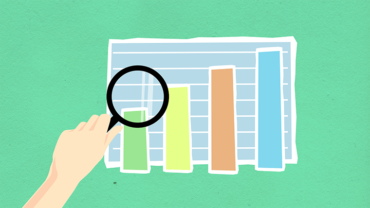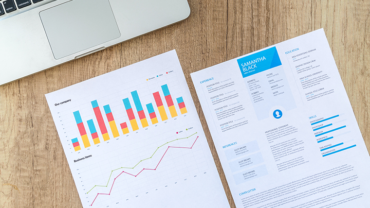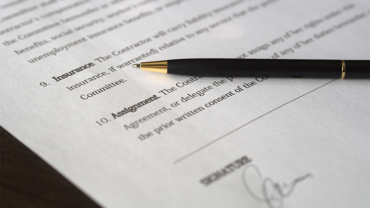Although renting a property may seem straightforward, several checks are carried out before making a decision. These checks will depend on the landlord or letting agency but often involve the following.
Credit Checks
Although landlords will need permission to carry out a credit check, they are often part of housing applications. Although a good credit score is not essential, those with very low credit scores could find they are not suitable for some rental properties.
Guarantor Check
In instances of a low credit score, the landlord or letting agency will ask if a guarantor is available, who must be someone in ownership of their own home. If the person renting the property defaults on payments, then the responsibility will shift to the guarantor, which can be challenging to acquire in some instances.
Reference Checks
Those moving property will be asked to give their former landlords’ details. As with other checks, acquiring a reference ensures that letting agents and landlords can ascertain whether a tenant can maintain regular rent payments.
There can also be instances where candidates will need an employer’s reference to show that a job role listed is genuine and is not likely to end soon.
Identity Check
Identity checks are another standard part of renting a property, but landlords and agencies can carry out a series of checks to ensure documentation is genuine. Despite the advanced methods of fraud, more sophisticated means of identifying fraudulent documents ensure that fraud is minimised.
Online document verification is a fast and easy process that allows landlords and letting agencies to ascertain authenticity in as little as 30 seconds. As well as working with Government-issued documents, it can also be used to identify genuine letterheads and over 4000 documents globally.
Right to Rent Check
Letting agencies and landlords ask for a copy of a passport allows them to check whether the person is eligible to work in the United Kingdom. If there is no passport but you have a biometric residence card, then this can be used instead.
Those waiting for an immigration decision without documentation can also request the Home Office to carry out a Right to Rent Check. Responses are typically received in two working days but can take longer in some instances.
Will All Checks Be Carried Out by Letting Agents and Landlords?
How many checks are carried out will depend on the letting agent or landlord, but those wanting to rent a property should ensure that all information is up to date. If you still need some information, you should speak to the landlord or letting agency to discuss the issue to see if any alternative documentation can be accepted.
Those wishing to rent can also take advantage of document verification to speed up rental applications. After the documents have been verified online, users will be given a certificate which shows landlords and letting agencies the paperwork is genuine.









